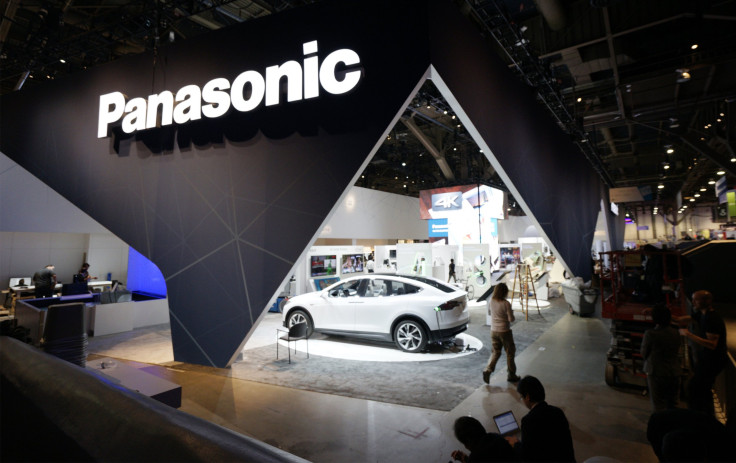Panasonic Exec Says Company Is Spending $480M On Driver Assistance Technology, Tesla Gigafactory

Panasonic has a long history as an audio equipment supplier to big name automakers such as Toyota, Honda, Volkswagen and General Motors. But recently, the Osaka-based electronics group has sought to become a bigger player in the future of mobility.
Yoshio Ito, head of Panasonic's automotive and industrial systems division, said Monday that the company is looking for more partnerships like the ones it has with electric car maker Tesla Motors Inc. and Spanish parts manufacturer Ficosa International, which produces driver assistance technology. "We have the [automotive] sensors ... but in the future, we'll see technology that gets the data and informs the driver or sets off automatic controls, and those are areas where we don't have expertise," Ito told reporters in Osaka Monday. "Those are areas where we can collaborate."
Ito said Panasonic is investing 60 billion yen ($480 million) through March 2015, the end of its current fiscal year, in its automotive business. The investment includes dispatching hundreds of employees to Tesla’s Gigafactory, a lithium-ion battery plant that’s currently under construction near Reno, Nevada. Panasonic has committed to pay approximately a third of the cost of the $5 billion plant.
The company is also investing in its venture with Ficosa as it seeks to expand into new automotive technologies, like automatic parking, lane departure warning systems and blind spot detection. Panasonic announced it was buying about a 50 percent stake in the Barcelona auto parts maker last year.
Panasonic’s move into auto parts signals a shift in the 97-year-old electronics maker that was once a household name. The company has been hit hard by cheaper Asian smartphones and plasma-screen televisions and has been drifting deeper into the automotive industry to make up for the loss.
“Business-to-business solutions and automotive are areas where there is a possibility of large scale acquisitions measuring in tens of billions of yen,” Panasonic President Kazuhiro Tsuga told reporters in March after the company gave an upbeat forecast for the year. The 60 billion yen in automotive investments is a portion of the 200 billion yen ($1.6 billion) the company is spending in its current fiscal year toward strategic investments that move the company away from consumer products.
© Copyright IBTimes 2025. All rights reserved.





















